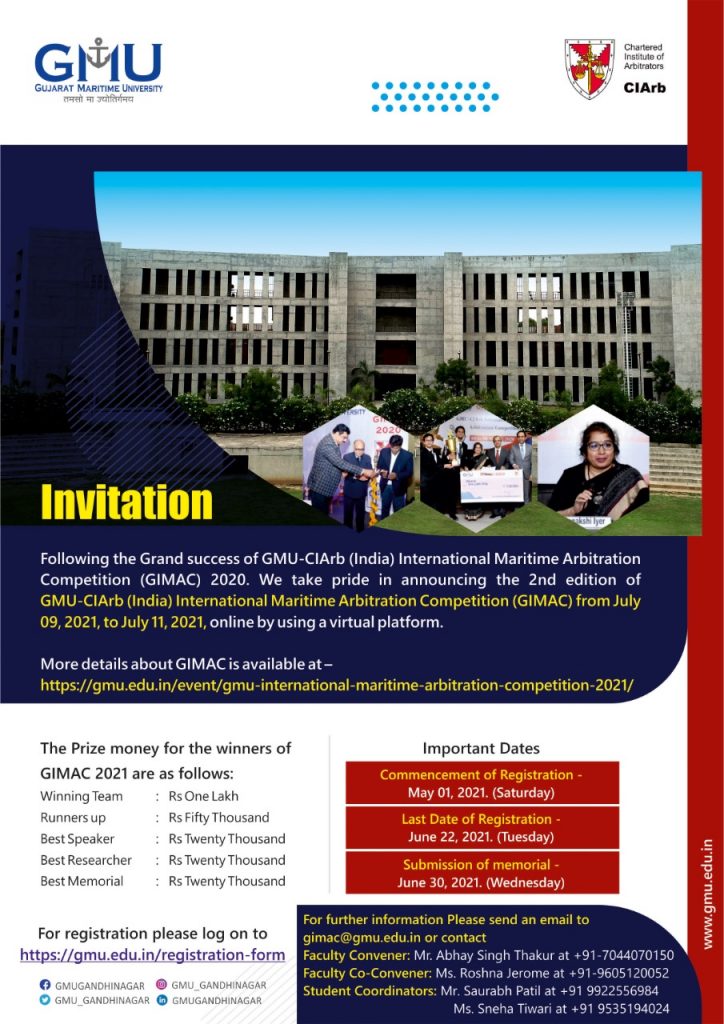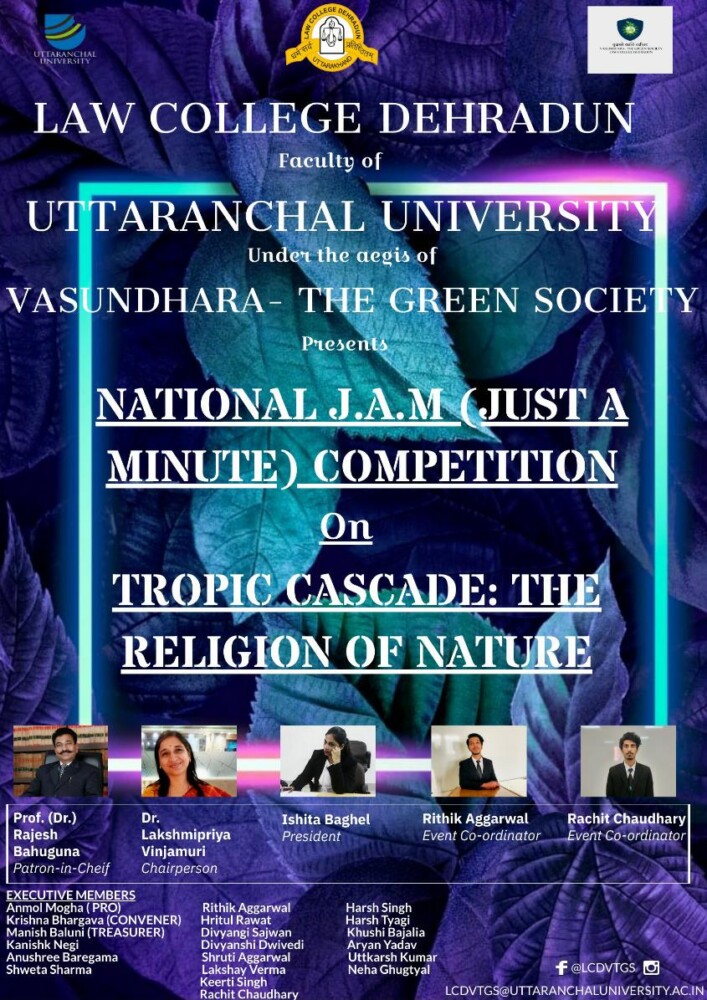This article is written by APURVA, a student of the Fairfield Institute of Management and Technology, GGSIPU.
ABSTRACT
India is the country with the largest child population in the world and is home to over 19% of the world’s children. The nation, therefore, provides its children fundamental and legal rights for their overall care, protection, and development. But regardless of every affirmative action taken with respect to the children, the condition remains much unchanged over time. Among the children, child abuse is one of the most common and frequent challenges. To safeguard them against such abuse, many laws and provisions have been introduced. Hence, this article deals with the child abuse and the laws to prevent it.
Keywords: Largest child population, India, fundamental and legal rights, child abuse
INTRODUCTION
One of the biggest social stigmas is child abuse. An act, failure, or negligence on the part of any individual, either an adult or a child that leads to severe threat to the life and development of a child that results in prolonged physical and psych-social impact on his health and wellbeing is child abuse. It is harm to a child’s survival, dignity, socialization, and development. It can happen in schools, homes, foster care institutions, playgrounds, workplaces and online as well.
Child abuse can be of many types. It is necessary to understand their occurrence to derive a clear idea and to ponder upon possible solutions. The types are as follows:
- PHYSICAL CHILD ABUSE: Potential physical harm from a confrontation or an interaction with a person in a position of power or authority is physical type of abuse. Punishing excessively, hitting a child, leaving a child in an undignified posture, bullying, and forced work conditions are some physical child abuses. This induces unexplained bruises, welts, or wounds, etc., or the victimised child becomes fearful or shy by behaviour.
- EMOTIONAL CHILD ABUSE: Hampering a child’s mental development by isolation, exclusion, stigmatising or due to failure of providing a supportive environment or blackmailing a child are emotional child abuses. This is considered a major challenge for a child’s development due to lack of evidence of such abuses and is not easy to identify them. These abuses may always be present when other forms of abuse are identified.
- SEXUAL CHILD ABUSE: Involving a child in a sexual activity without the child’s proper understanding and approval is sexual child abuse. Kissing or holding in a sexual manner, touching genital areas forcefully, vaginal, and anal intercourse, rape, giving obscene remarks, exposing to pornography, voyeurism are the ways to exploit a child sexually.
Rights of the Children
To ensure comprehensive growth, development, protection, and upliftment of the children of the country, certain rights have been given to children through the Constitution of India, or by some policies and programs and by acts and amendments.
- Constitutional Provisions
Fundamental Rights:
- Article 14 of the Indian Constitution ensures that every citizen –man, woman and child is equal in the realm of law.
- Article 15 of the constitution provides for the prohibition of discrimination and empowers the state to make special provisions for women and children.
- Article 21A makes it mandatory for the state to provide free and compulsory education to children in the 6-14 age group.
- Article 23 prohibits Human trafficking and forced labour.
- Article 24 prohibits Child Labour below 14 years of age in factories, mines, or other hazardous work environments.
- Directive Principles of State Policy (DPSP)
- Article 39(e) of the constitution states that the State shall ensure the health and strength of workers, men and women and the tender age of children are not abused.
- Article 39(f) directs the State to ensure that children are provided with opportunities and facilities to develop in a healthy manner It directs the State to ensure that the children develop in a dignified and free environment and that their childhood and youth is protected against exploitation and against moral and material abandonment.
- Article 45 states that the state shall ensure early childhood care and education for all children until they complete the age of six years.
- Other Provisions
- Article 51A-(k) lays down a fundamental duty of the citizens which directs parents or guardians to provide opportunities for education to their child/ward between the age of 6 and 14 years.
- Article 243(g) read along with Schedule 11 that provides for institutionalization of childcare by seeking to entrust programs of women and child development to panchayat, with a bearing on the welfare of children
Policies and Programs
- National Policy for Children 1974- It is the first child centric programme launched by the government of India for the all-round development, care, and protection of children. It recognises children as the supreme asset of the country and ensures that their rights, as enshrined in the constitution and the UN Declaration of Rights, are implemented.
- National Policy on Education1986- It called for a special emphasis on equality in the sphere of educational opportunity. It called for a child centred approach in primary education.
- National Policy on Child Labour 1987 is an initiative of the government to strictly implement the provisions of the constitution pertaining to the prohibition of Child Labour and works towards the betterment of the conditions of working children.
- National Charter for Children 2003 is a comprehensive document that empowers children with the right of being a child and enjoying their childhood to the fullest. It directs the State, the society, the community, and the families to develop a healthy, safe, and positive environment for the growth of every child in the country. It also secures the right of adolescent children to proper education and other facilities that would lead them to be productive citizens for the nation.
- National Plan of Action for Children 2005 aims to tackle the various problems of a child’s life. It works on the prohibition of child marriage, abolition of female foeticide, female infanticide and upholding and securing the rights of children in difficult circumstances such as abuse, exploitation, and neglect.
- Child-line Services have been launched by the government especially after the Twelfth Five Year Plan to help children in case of emergency or in situations where they cannot seek help from anywhere else. It is basically run by Childline India Foundation, the mother organisation for this scheme in the country. Over the years, the Childline has received over millions of calls, specifically associated with issues of medical support, shelter for neglected or abandoned children, emotional guidance, and protection from abuse amongst others.
- National Institute of Public Cooperation and Child Development is the foremost organisation for the documentation and compilation of research and initiatives related to women and child development. It works in the areas of child protection, childcare support services, awareness against abuse and exploitation and the rights of children.
- The Twelfth Five Year Plan was launched in the year 2012 which focused on child development and ensuring higher sex ratio in the country. It was a major governmental step towards increasing the status and condition of children in India, especially the female child.
Reforms
Significant steps must be taken in the direction of reforms and preventions and special emphasis should be made on improving the mental and emotional conditions of victimized children.
- Legal Reforms
- Government should make more efforts to strengthen the economic conditions of the families as poverty is a major cause.
- Sexual education should be made mandatory in educational institutions.
- Grievance’s redressal should be installed in educational institutes for speedy solutions.
- Police and administrative bodies should be easily accessible to children.
- Workshops should be conducted for children on a local level.
- Social Reforms
- Workshops and awareness programs should be conducted on a larger scale by governmental and non-governmental organizations.
- Talking about sex should be made normal so that children will not hesitate to talk about that to the people they trust.
- Children should be taught about Children protection Schemes and Childline services at a young age.
- Psychological Reforms
- More centers of psychological assistance must be installed for victimized children.
CONCLUSION
The analysis clearly highlights that many children around, some way or the other are victims of child abuse. It is therefore necessary for the society and the government to awaken for the protection of the children and to enhance their childhood. Our children are our future, so their present should be safeguarded for a better future.
Latest Posts
- Job opportunity at EXO Edge, Sahibzada Ajit Singh Nagar, Punjab, India: Apply Now!!
- Internship opportunity at Vishwas Advisors, Kalyan, Maharashtra, India: Apply Now!!
- Internship opportunity at Kulfi Collective, Mumbai, Maharashtra, India: Apply Now!
- Job opportunity at The Neotia University, Diamond Harbour, West Bengal, India: Apply Now !!
- Job opportunity at Morgan Stanley, Mumbai, Maharashtra, India: Apply Now!!
- Job opportunity at VISA INTELLIGENCE CONSULTANCY LLP, New Delhi, Delhi, India: Apply Now!!
- Job opportunity at Amazon Web Services (AWS), Gurugram, Haryana, India: Apply Now!!
- Job opportunity at Stelcore Management Services Private Limited, Mumbai, Maharashtra, India: Apply Now!!
- Job opportunity at Zscaler, Sahibzada Ajit Singh Nagar, Punjab, India: Apply Now!!
- Job opportunity at Irish Expert, Delhi, India: Apply Now!!
- Job opportunity at UnitedLex · Gurgaon, Haryana, India: Apply Now!
- Internship opportunity at Vineforce · Nabha, Punjab, India: Apply Now!!
- CLAT-Peeps! (10)
- Current Affairs (2)
- competitions (132)
- Conferences and Seminars (201)
- Webinar (1)
- Course and Workshops (107)
- Debates (46)
- Eassy Competitions (69)
- Fellowships & Scholarships (56)
- Guest Blogs (6)
- important (29)
- Internships and Jobs (2,317)
- interviews (8)
- moot court (180)
- Opportuintes (2,731)
- Job Opportunity (1,191)
- opportunity (2,559)
- Call for papers (475)
- Quizes,fests and others (298)
- Work Opportunity (836)
- Our Blog (1,049)
- Administrative Law (17)
- ADR (13)
- Arms Act (2)
- Case Analysis (205)
- Company law (36)
- Constitutional Law (143)
- Consumer Protection Act (17)
- Contract Law (62)
- CPC (10)
- Criminal Law (140)
- Cyber Law (13)
- Environmental Laws (30)
- Evidence Act (20)
- Family Law (12)
- General (205)
- International Humanitarian Law (8)
- International law (23)
- IPR (10)
- Jurisprudence (13)
- labor laws (7)
- Maritime Laws (1)
- Partnership Act (2)
- personal law (33)
- Taxation (10)
- Tort (64)
- Transfer of Property (2)
- Our Services (11)
- career advice (2)
- others (6)
- Top Stories (524)
- Uncategorized (720)
Archives
- November 2023 (26)
- October 2023 (1)
- September 2023 (5)
- August 2023 (2)
- July 2023 (25)
- June 2023 (23)
- May 2023 (40)
- April 2023 (136)
- March 2023 (124)
- February 2023 (138)
- January 2023 (61)
- December 2022 (39)
- November 2022 (103)
- October 2022 (178)
- September 2022 (342)
- August 2022 (240)
- July 2022 (273)
- June 2022 (196)
- May 2022 (27)
- April 2022 (99)
- March 2022 (190)
- February 2022 (196)
- January 2022 (193)
- December 2021 (152)
- November 2021 (203)
- October 2021 (189)
- September 2021 (177)
- August 2021 (192)
- July 2021 (393)
- June 2021 (293)
- May 2021 (179)
- April 2021 (61)
- March 2021 (46)
- February 2021 (56)
- January 2021 (63)
- December 2020 (86)
- November 2020 (94)
- October 2020 (146)
- September 2020 (220)
- August 2020 (173)
- July 2020 (165)
- June 2020 (119)
- May 2020 (136)
- April 2020 (7)
- February 2020 (37)
- January 2020 (3)
- November 2019 (1)

